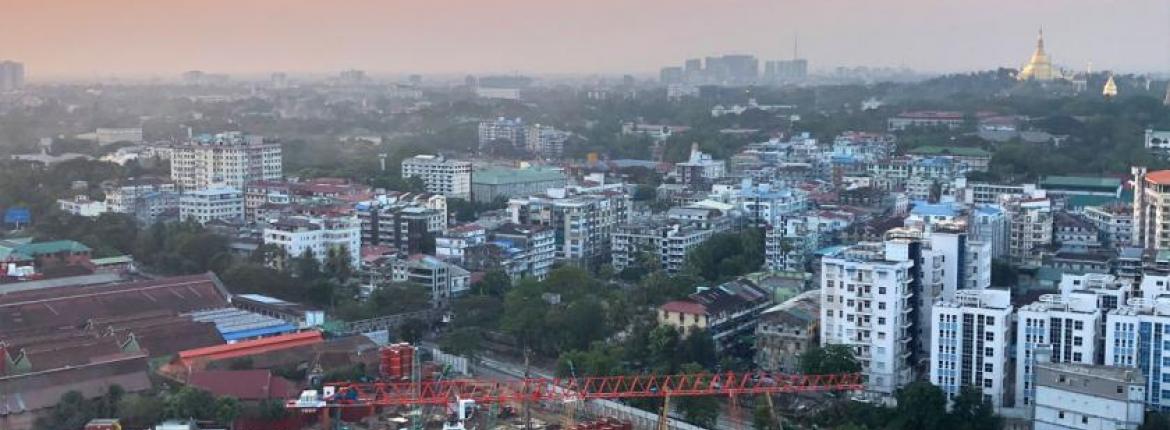
"Improvements still needed to boost property, construction sectors"
Stakeholders in the property and construction sector say there is still a need for a body or organisation to oversee, implement and enforce the regulations under Condominium Law 2016 and Condominium Rules 2017. The lack makes the legislation less effective presently those in the business say.
Stakeholders in the property and construction sector say there is still a need for a body or organisation to oversee, implement and enforce the regulations under Condominium Law 2016 and Condominium Rules 2017.
The lack makes the legislation less effective presently those in the business say.
As there are very few condo projects in Yangon in accordance with the regulations of the Condominium Law, the law cannot be fully effective in changing the market, said U Kaung Thu Win, founder and director of ShweProperty.com online real estate group.
“Our expectation is that the government and the private sector, especially the construction businesses, do more to publicise the points in the Condominium Law so people will be able to better understand the situation,” said U Kaung Thu Win.
“Moreover, the authorities need to scrutinise when they permit the construction of the new buildings and change the tender system to ensure good quality for the construction projects under tender system of the government, said U Myo Myint, general secretary of Myanmar Construction Entrepreneurs Association.
“Tenders for designs should be called first before building permits are issued. In the past, the Ministry of Construction didn’t pay for architectural designs and this is wrong,” said U Myo Myint.
Before anything else, tenders for designs should be called and only following this should tenders at the appropriate market prices for construction be called. The design should include the details of materials so the building will be according to standards, he said.
For the construction sector to become better, international experts should be invited to make improvements to the sector and also to advise the government, said an architect U Zarni Aung.
Only with better frameworks in place can the details of construction projects be monitored effectively, and as a result raise standards across the industry, he said.
“Improvements in the building industry and property sector would do much to boost the country’s economy. A rise in number of people willing to buy good apartments will lead to other high-quality projects being planned, all of which pumps money into the economy and the construction sector,” said U Zarni Aung.
While the National Building Code was released in 2015, there are still many remaining points to be included, said U Saw Htwe Zaw, deputy chair of the Myanmar Earthquake Committee.
“In our nation, there are many structures built of wood and bamboo which are not included in the building code. We need to review how to construct these structures so they can withstand earthquakes,” said the deputy chair.
Some of the benchmarks in the building code are perhaps too stringent for Myanmar at the present time, said one commentator in the construction business who declined to be named.
“Although these are legal specifications, if they are difficult to abide with they will become useless,” he said.



